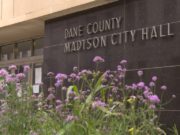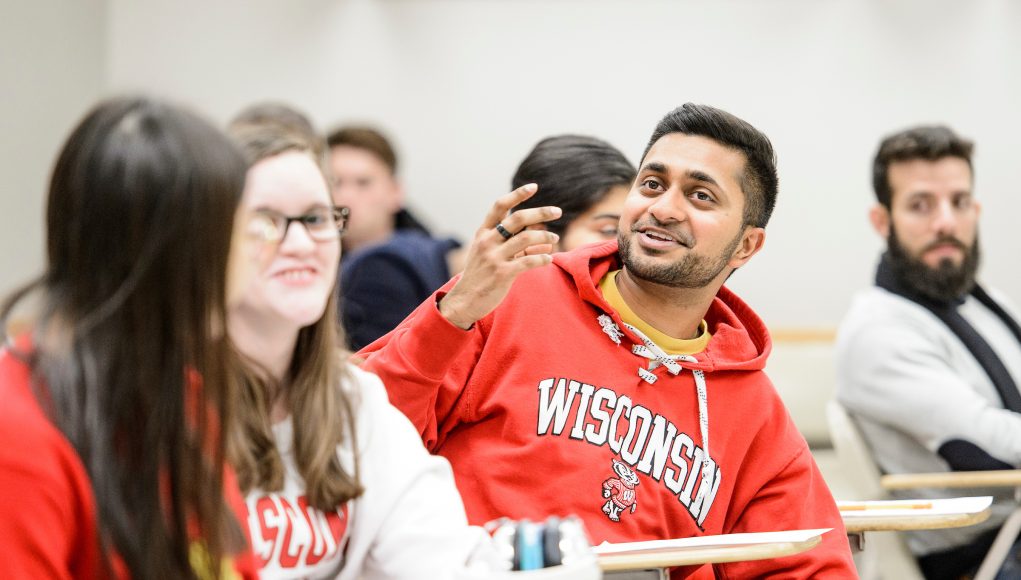One of many benefits of a diverse academic space is students can learn from one another and create a better learning experience overall, but this only happens when class discussions are structured to facilitate constructive conversations, according to Paula McAvoy, program director for the Center of Ethics and Education at UW- Madison.
“Colleges want diversity on campus because diversity is good for learning, but if students are just sitting next to each other taking lecture notes, you haven’t really gotten the positive outcomes of diversity, which is learning from people who think differently than you do,” said McAvoy. “If we want diverse campuses and want them to be positive learning experiences we need to learn how to get students talking to each other.”
McAvoy and School of Education Dean Diana Hess plan to do just that with a new professional development seminar that teaches UW-Madison teaching staff how to construct and facilitate classroom discussion.
The Discussion Project will be a six-week seminar teaching university faculty and staff discussion related topics like how to design an inclusive large group discussion and how to develop facilitation strategies.

“Research shows that when discussion goes well students feel more included in the classroom, they feel connected to campus and their peers, it helps them access the material and think independently about the material,” said McAvoy.
The project is in the development stages, with a weeklong pilot program beginning in June with graduate students who will provide feedback on the curriculum.
The full program will begin in August for 30 faculty and teaching staff and another session will be held in the spring semester for another 30 participants. The program does not include teaching assistants or adjunct professors for the time being.

“We’re really making an effort to ensure the groups of the people that are involved in helping us develop this are a diverse group,” said Hess, who says participants for both the pilot program and the full program were chosen specifically to represent a broad array of races and ethnicities as well as campus departments, teaching experience, and course types, such as required courses or electives.
“Our major concern is to make sure we do have a diverse range of people experiencing this because what we’re interested in is developing something that works broadly, that doesn’t just work well with one group of people,” she said.
A “handful of diverse faculty” will also weigh in on the feedback during the pilot stage, according to McAvoy.
After completing the two and half hour sessions once per week, participating teaching staff will be compensated $500 and both they and the students they instruct will also give feedback for the course.
The project is intended to go through three rounds of review over the course of a year.
“The main result will be more inclusive discussions in academic courses, and by inclusive I mean discussions in which all students feel like they want to participate, like they feel supported in participating,” Hess said.


































